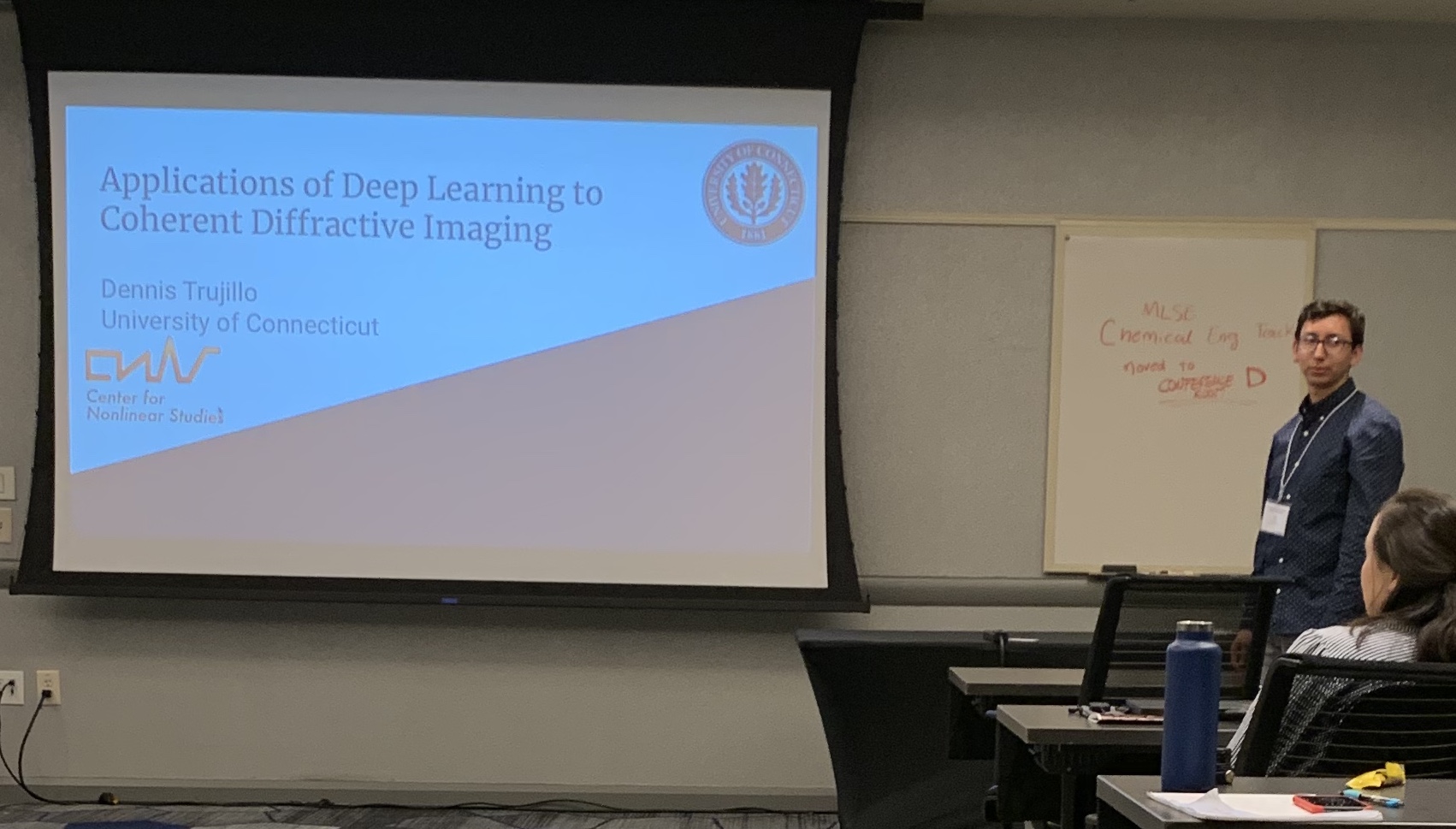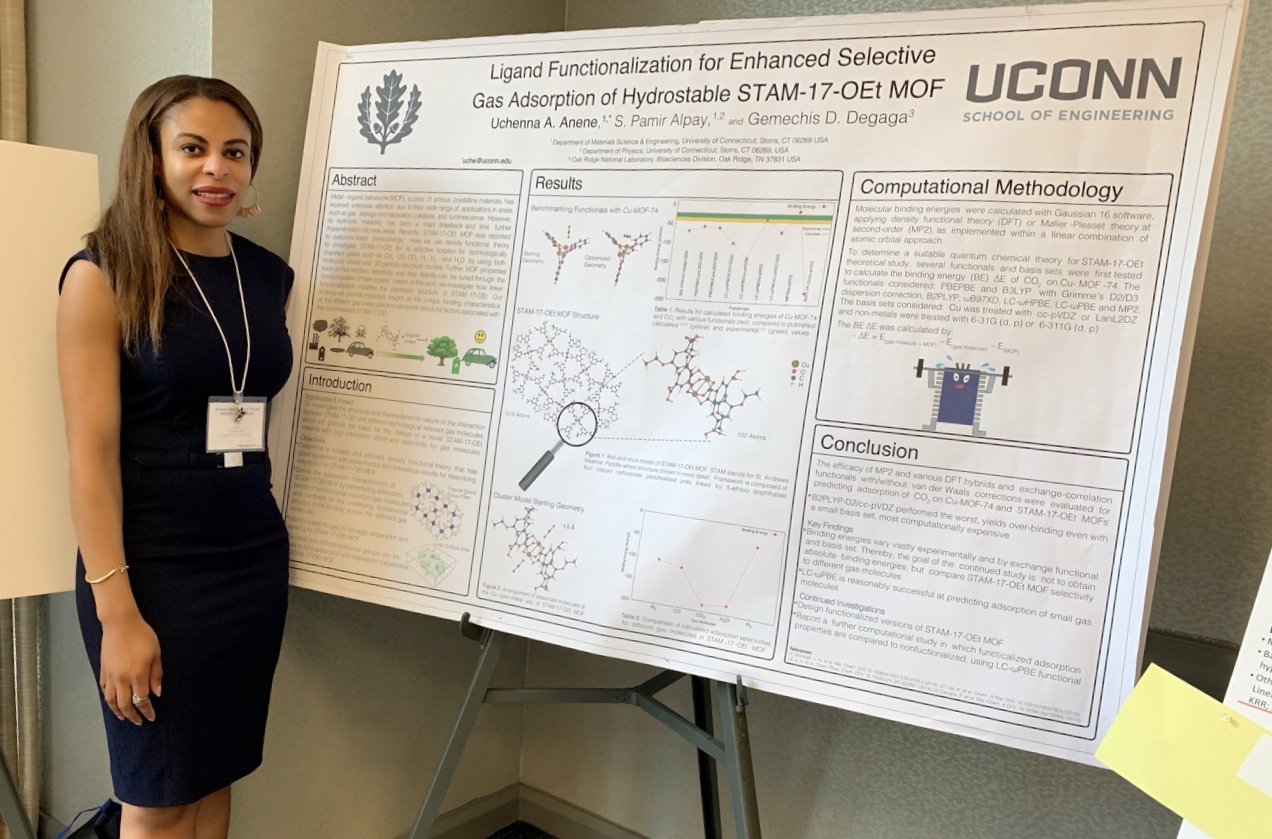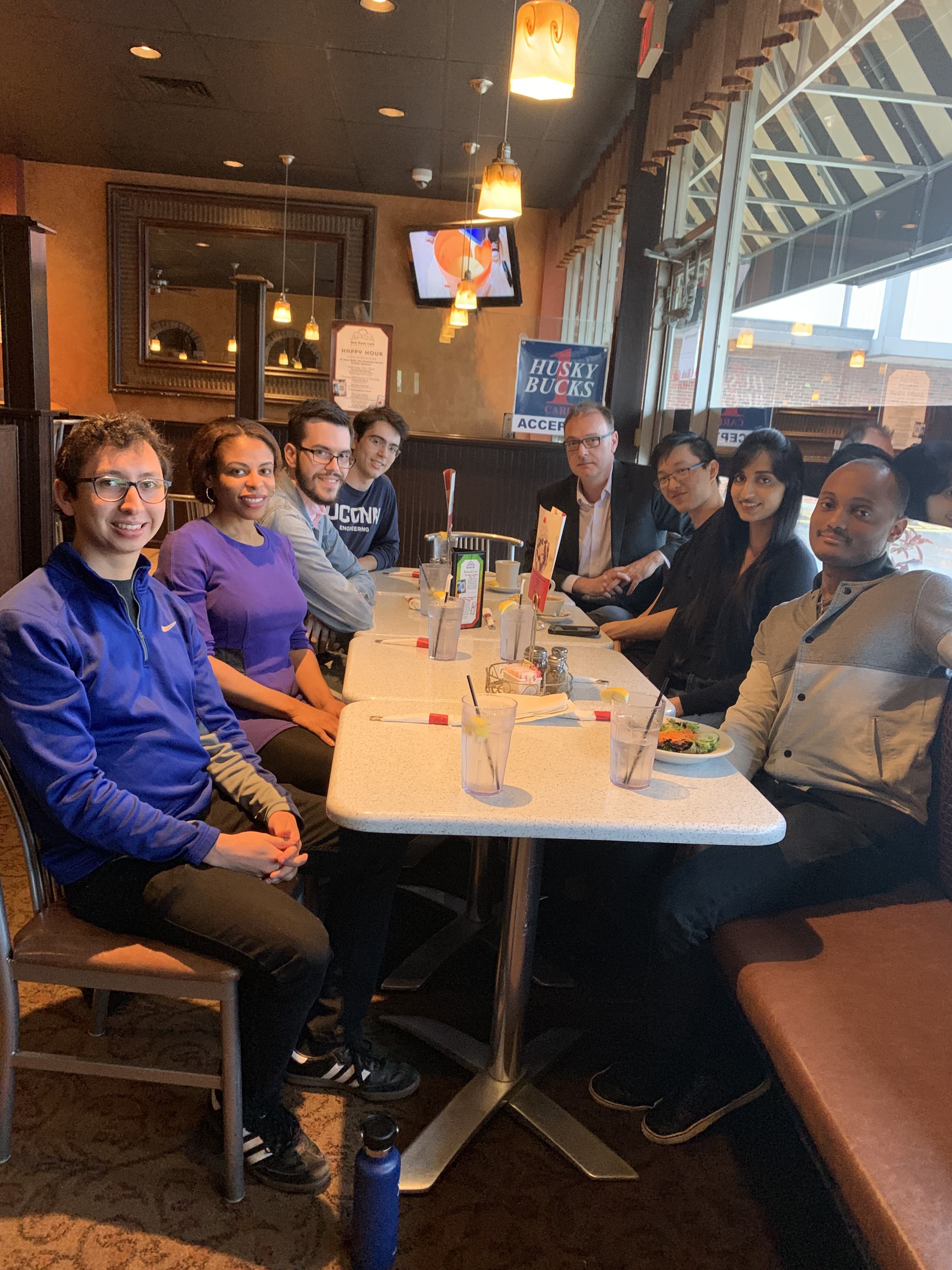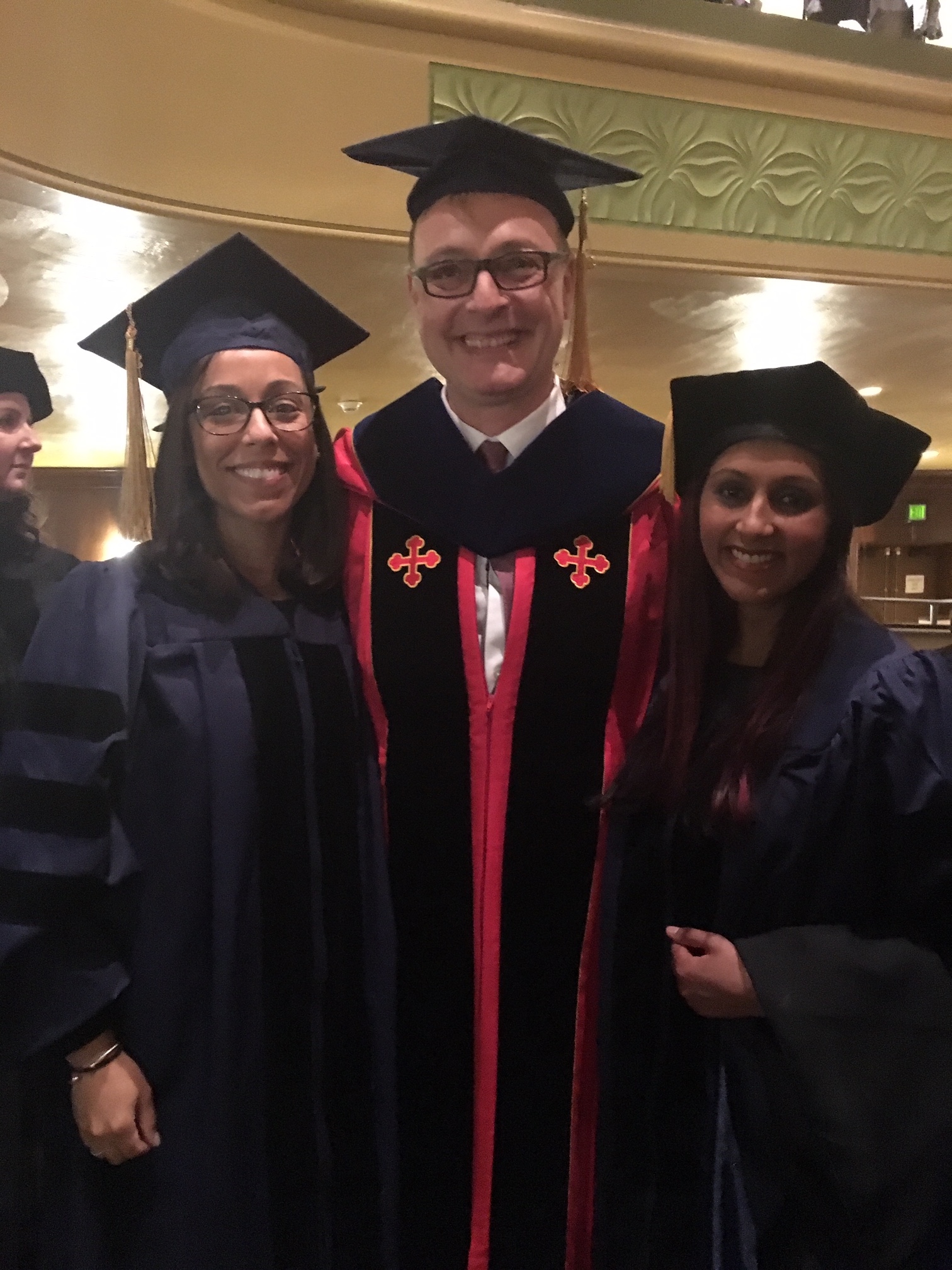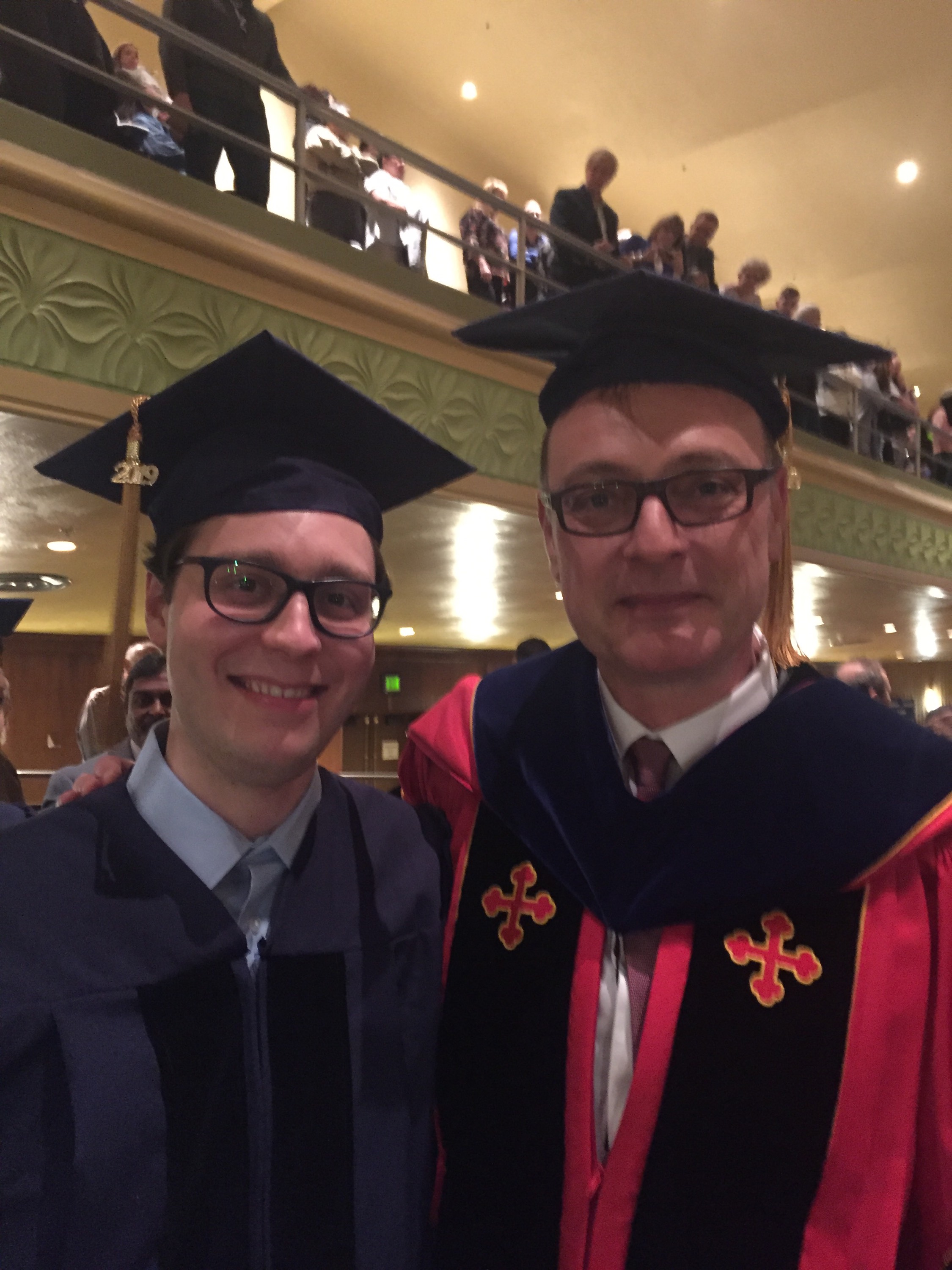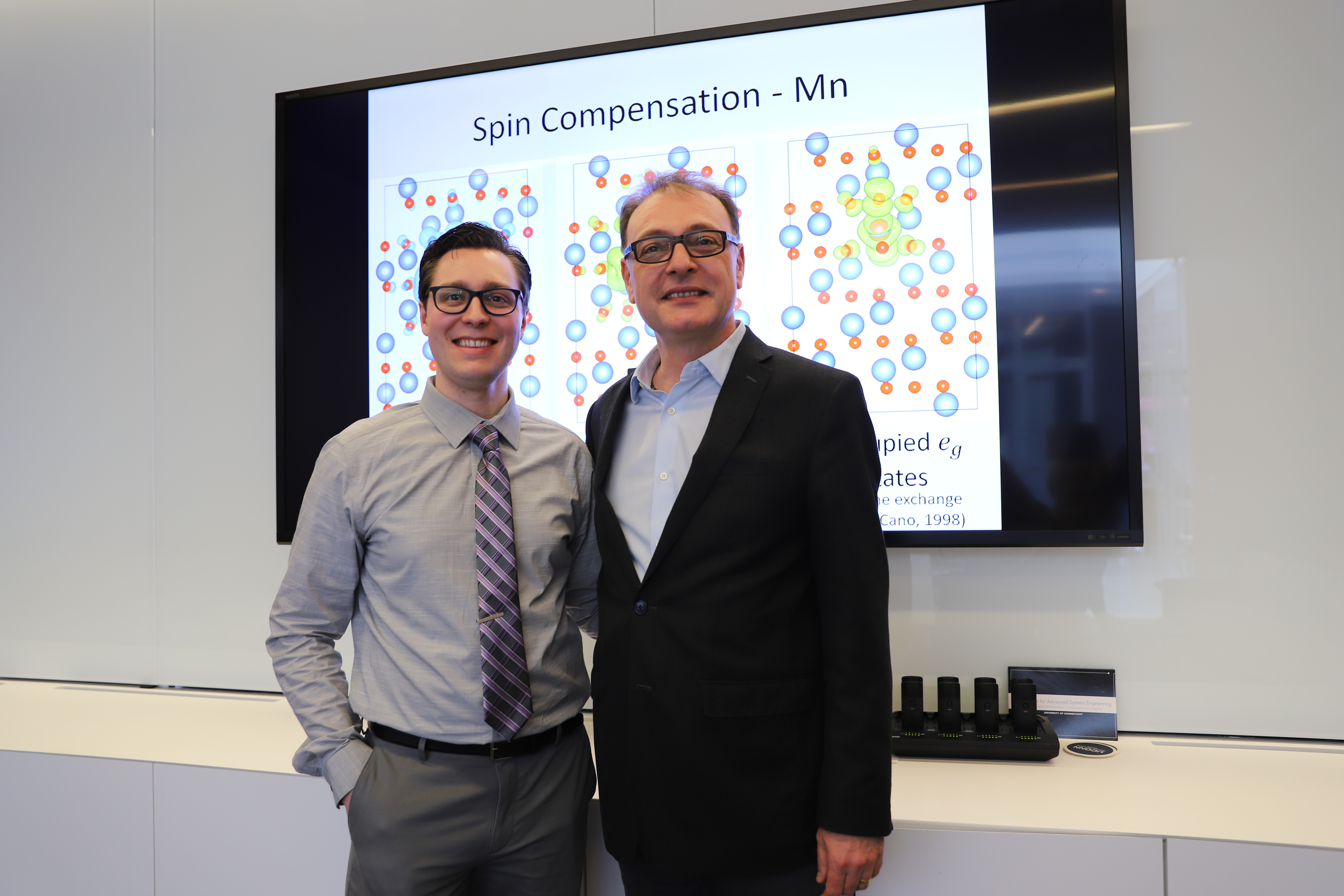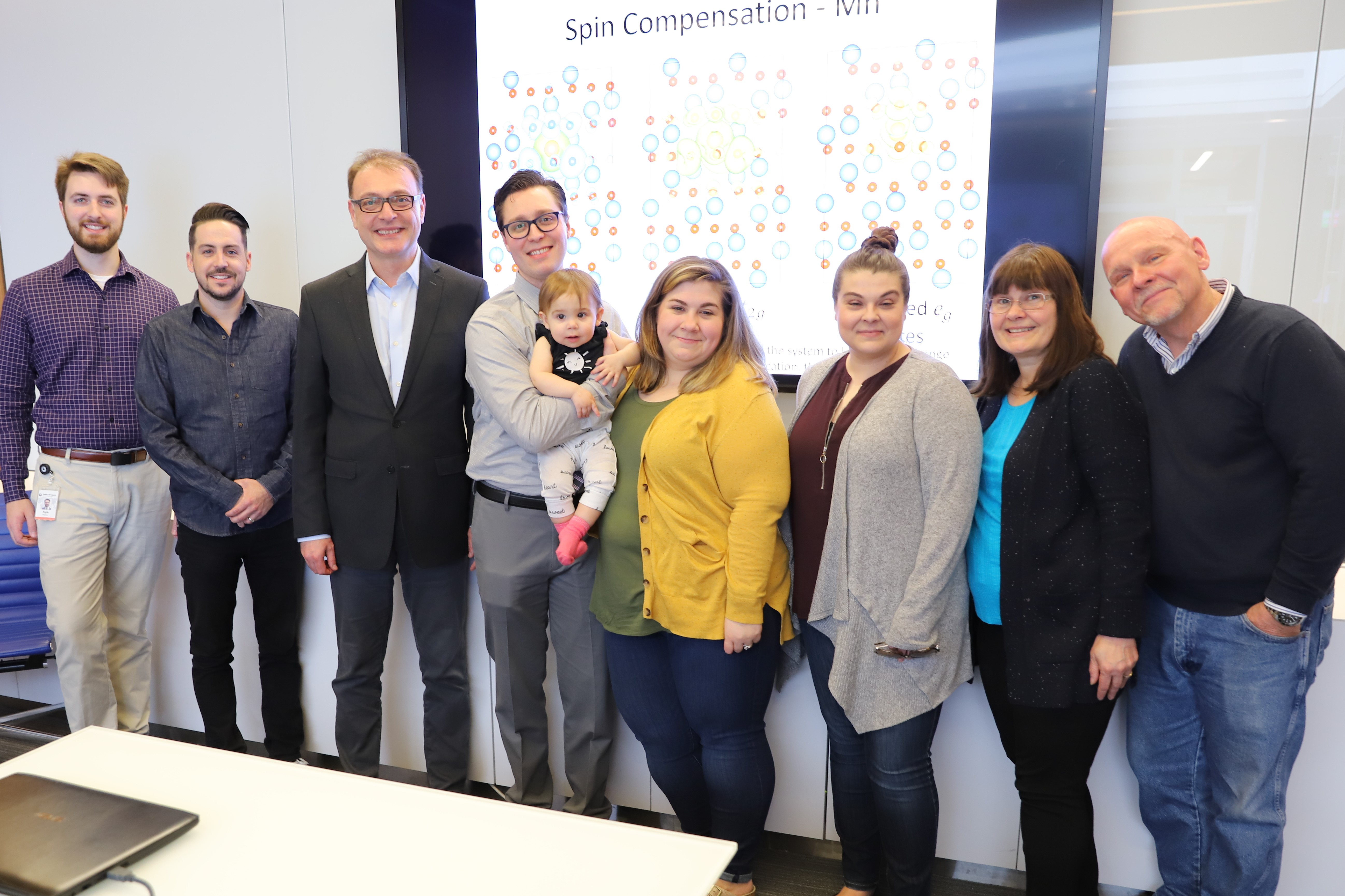Alpay’s research group, in collaboration with Hebert’s research group and other researchers, will work to provide the next generation manufacturing solutions for the aerospace sector. The project, titled “Simulation-Based Uncertainty Quantification of Manufacturing Technologies,” will help the U.S. Air Force develop more efficient manufacturing processes. The goal is to understand each and every step of the manufacturing process to eliminate failures in specialized aerospace parts. Better understanding the manufacturing process will lead to reduced costs, improved component and system quality, and enhanced industrial capability.
https://today.uconn.edu/2019/03/uconn-receives-major-contract-air-force-rd-advanced-manufacturing/
